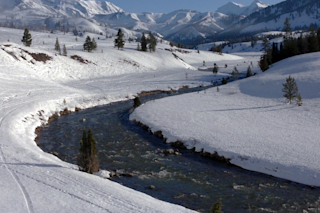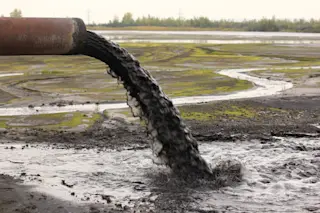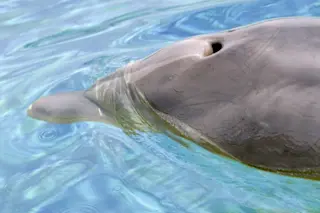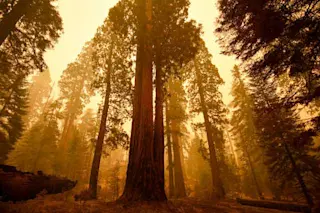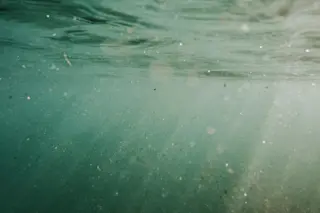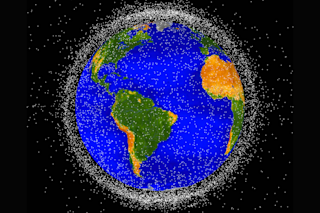The sun is halfway up over Kusa Bay, where the brown waters of Lake Victoria lap at the parched Kenyan savanna. A Luo fisherman poles his plank canoe into an opening hacked through the reedy, papyrus-clogged shallows. Six of his comrades grab the bowline and begin a rhythmic chant as they drag the vessel to shore. "Harambee, harambee, harambee, ayaaah," they sing out as they lean into the task, "together, together, together." The women on the bank laugh, awaiting the catch, their baskets and bright plastic tubs bobbing on their heads.
Yet a casual glance into the dozen canoes beached on the mud reveals hardly any fish at all. Moving among them, Peter Ochumba inspects the meager catch stacked on the floor of each boat. Two dozen ten-inch Nile tilapia. A few Nile perch that aren't much larger. A bucket of haplochromine cichlids--little fish, two to four inches long, that ...



